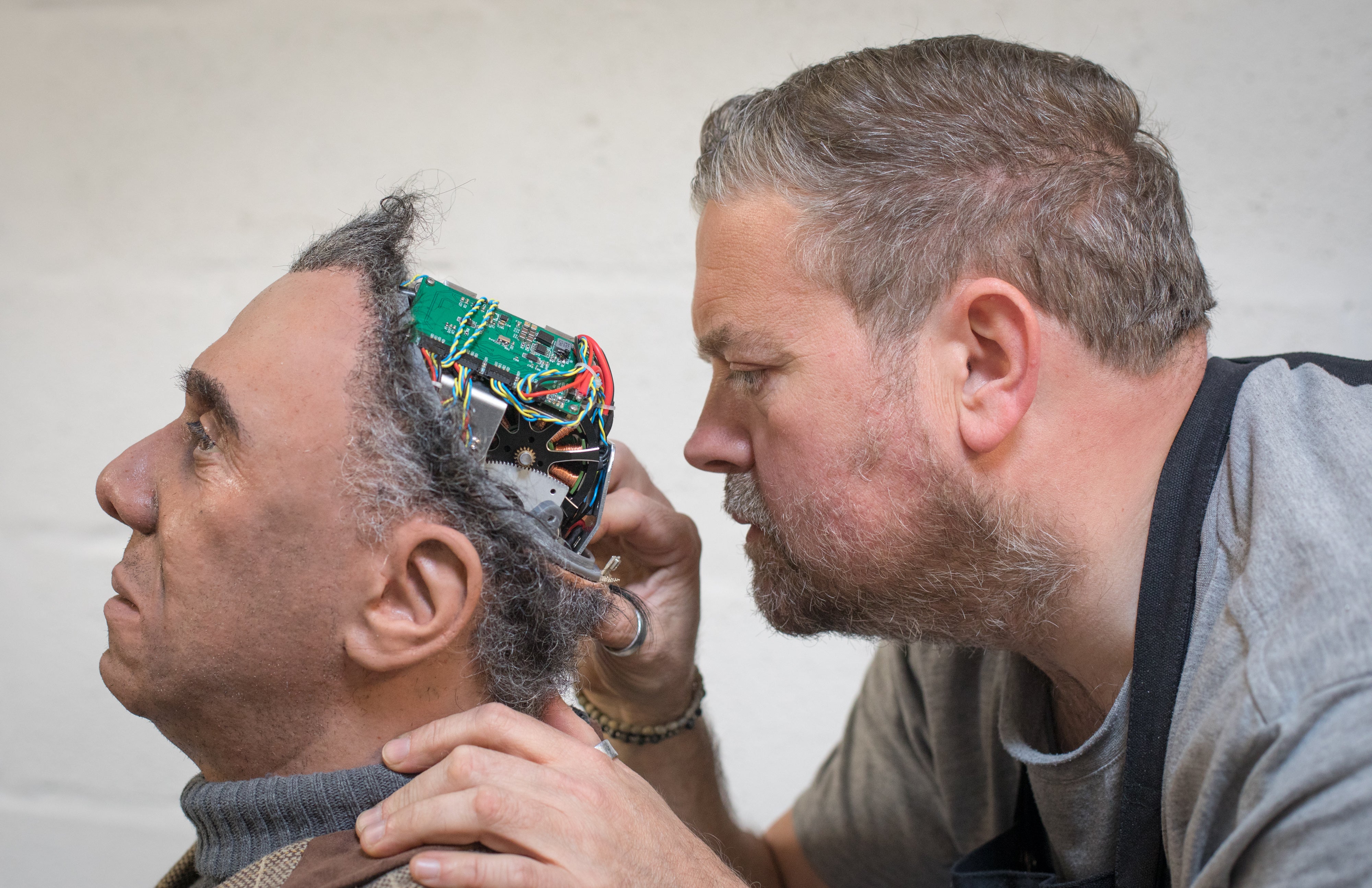Scientists say regulation is urgently required for ‘living robots’
Engineers are increasingly creating artificial robots out of real, living tissue and cells

Your support helps us to tell the story
From reproductive rights to climate change to Big Tech, The Independent is on the ground when the story is developing. Whether it's investigating the financials of Elon Musk's pro-Trump PAC or producing our latest documentary, 'The A Word', which shines a light on the American women fighting for reproductive rights, we know how important it is to parse out the facts from the messaging.
At such a critical moment in US history, we need reporters on the ground. Your donation allows us to keep sending journalists to speak to both sides of the story.
The Independent is trusted by Americans across the entire political spectrum. And unlike many other quality news outlets, we choose not to lock Americans out of our reporting and analysis with paywalls. We believe quality journalism should be available to everyone, paid for by those who can afford it.
Your support makes all the difference.More regulation and better ethical frameworks are required in the development of “living robots” researchers have said.
Increasingly, engineers are creating robots that rely not only on artificial components but also living tissue and cells, grown in a lab, that can be harnessed for their capabilities.
But the growth of that technology has not been matched by an understanding of the ethical and governance concerns that the technologies present, a team of multidisciplinary researchers have warned in a major intervention.
The scientists note that the technology brings benefits that might not be possible otherwise. But they said that the dangers are not being properly considered, eitehr.
Of more than 1,500 publications looking at the technology, for instance, only five gave detailed consideration to the ethics of using living tissue in robotic machines.
“The challenges in overseeing bio-hybrid robotics are not dissimilar to those encountered in the regulation of biomedical devices, stem cells and other disruptive technologies,” said Rafael Mestre from the University of Southampton, a co-lead author on the paper.
“But unlike purely mechanical or digital technologies, bio-hybrid robots blend biological and synthetic components in unprecedented ways. This presents unique possible benefits but also potential dangers.”
The potential ethical and questions are wide-ranging. But they include questions about when such a system might be considered sentient – and what moral status it might have.
“Bio-hybrid robots create unique ethical dilemmas,” said Aníbal M Astobiza, from the University of the Basque Country in Spain, and co-lead author of the paper. “The living tissue used in their fabrication, potential for sentience, distinct environmental impact, unusual moral status, and capacity for biological evolution or adaptation create unique ethical dilemmas that extend beyond those of wholly artificial or biological technologies.”
Researchers pointed to similar debates around other new technologies, such as artificial intelligence and human cloning. They said the ethical questions are on the scale of those other innovations – but that the discussion of them is much less.
The paper, ‘Ethics and responsibility in bio-hybrid robotics research’, is published in the Proceedings of the National Academy of Sciences.
Join our commenting forum
Join thought-provoking conversations, follow other Independent readers and see their replies
Comments